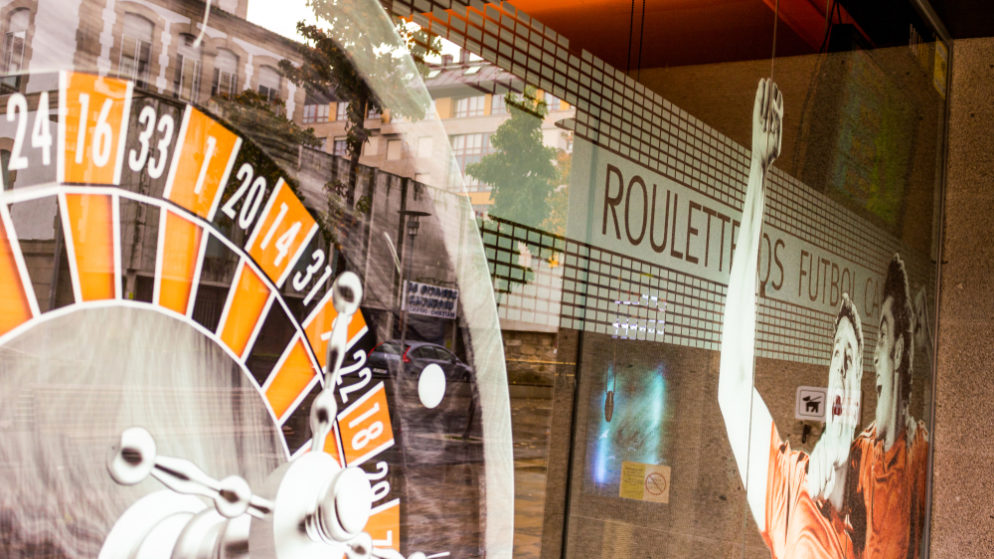

The Governor of New Jersey is proud to be associated with the newest gambling destination in the whole of the United States. Phil Murphy has constantly applauded the New Jersey gambling players on their efforts to place the Garden State on the map. Is this entirely political? Well, the state leader could be referring to the recent regulations that allow betting in Jersey but let us dig deeper.
If it were not for the Covid-19 pandemic that paralyzed the sports fraternity around the world, maybe we would be singing a different tune in New Jersey. For starters, laws that legalize online gambling just recently came into force and luckily for the investors here, the market appeared to be eagerly waiting for such a move.
By the end of 2020, there were already partnerships and deals that aimed to make New Jersey a prime destination for gambling. The market has so far hosted many tournaments and events held in online casinos available only to the people of New Jersey. It is quite impressive that barely two months into the New Year 2021 and oddsmakers are already speaking of hundreds of millions of dollars collected in bets placed.
Revenue collected in January 2021 from bets placed on sports, surpassed the revenues from the same period in 2020 by 54.3%. All the effort that was put in by oddsmakers in their 2020 campaigns has definitely started to bear fruit. So far, and after all winners have been paid, the New Jersey betting house gets to keep a cool $398.5 million.
A scrutiny of the gambling activity that happened around the United States in 2020, places New Jersey at the top of the pack; they recorded the highest revenue per state consideration in 2020. In one of his tweets, Governor Murphy commented with delight that New Jersey was the leading sports betting destination in the country. In a move that would lead readers to compare results from two consecutive years, the governor linked his tweet to an article that had highlighted 2020 betting results published by a sports betting reporting site.
What we cover
Online Gaming Surge Continues
Atlantic City is home to a total of 9 land based casinos that have gradually begun reopening its premises after the ease of Covid-19 restrictions. For many gamblers though the new normal business structure before Covid-19 is yet to resume, the leveraging of the internet to carry out important tasks has stuck. There is a significant level of online gambling compared to time before the pandemic.
Exactly one year after the pandemic struck, the iGaming gross gaming revenue (GGR) for January 2021 has been reported to have increased by 88.4% compared to January 2020. To further break down these figures; $101 million goes to online table games and slots while $2.7 million goes to poker. Clearly, there has been an upward surge in online betting; out of the revenue collected in bets in New Jersey in 2020, 92.4% is remotely placed.
At the start of February 2021, Murphy lifted some Covid-19 enforced restrictions to allow business to return to brick-and-mortar gambling establishments. In addition to this, he also gave a directive to lift the earlier imposed 10pm daily curfew to support business for food and beverage services providers.
This is good news for casino operators in New Jersey and emerging markets that are slowly replacing the traditional Las Vegas. With a customer capacity of between 25 and 35% allowed in businesses that offer walk-in services, investors are hopeful that margins in February 2021 will tell a story of hope.
The challenges faced in sports betting
For a long time, the state of New Jersey did not permit gambling for single sports events. That is a different story now with new regulations and the number of investors that offer sports betting online.
High season like during the just concluded Super Bowl, as well as college and NFL games cause quite an upsurge in the level of online activities in gaming sites licensed to New Jersey. It is high time that sports betting operators thought about upgrading their systems to accommodate the ever increasing number of customers; this will avoid technology hitches that were experienced in the lead-up to the Super Bowl and into the game.
The latest news in the New Jersey Sports Betting scene
November 24, 2020 – the New Jersey assembly of lawmakers amended the constitution to allow betting on college-level sports. Before then, they had made a proposal to allow people to bet on college-level events played within the state.
October 15, 2020 – a new record was set in the sportsbook betting category when operators offering sportsbooks pocketed a total of $748 million collected from bets placed within the legal gambling framework. This record overturned a previous good performance seen in August by 12%. In the new record, the most outstanding aspect and nature of bets is that 90% were wagered on online platforms.
September 16, 2020 – the New Giants made history by becoming the first ever New Jersey based sports team in the professional category to sign a sports betting agreement with a sportsbook provider. In the partnership between the New York Giants and DraftKings, DraftKings acquires legal rights to use logos and trademarks belonging to The Giants for its promotional banners at MetLife Stadium. This partnership is similar to a previous one between FOX Bet and the Philadelphia Eagles.
August 25, 2020 – Sporttrade, a sports betting company that operates from Philadelphia, announced that it was getting into a licensing arrangement with Twin River Worldwide Holdings. With Twin River based in New Jersey, this move is a step in efforts to create the first ever national regulated exchange for sports betting in New Jersey. The next move for Twin River will be to wind up the acquisition process related to the purchase of the Bally’s Hotel & Casino in Atlantic City.
Conclusion
Just like New Jersey opened up the online betting market to boost state revenues, other markets seem to be following in the trend. Governor Andrew Cuomo of New York is on record suggesting that the ban on mobile sports betting be lifted. This has been occasioned by a dip in state tax experienced over the Covid-19 pandemic period.









